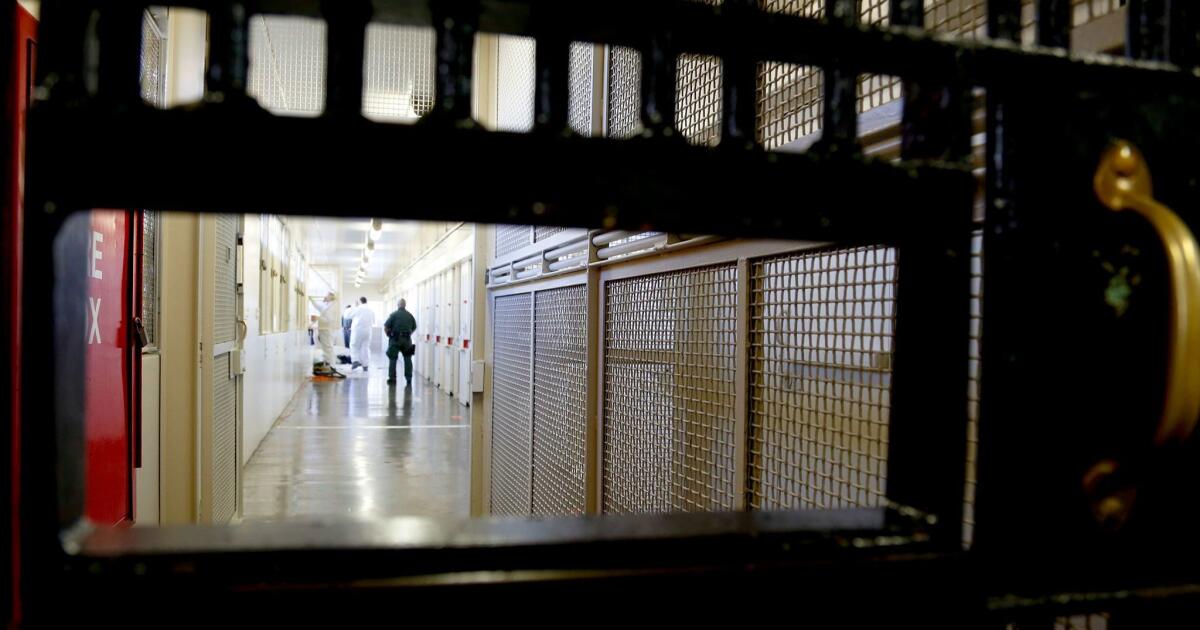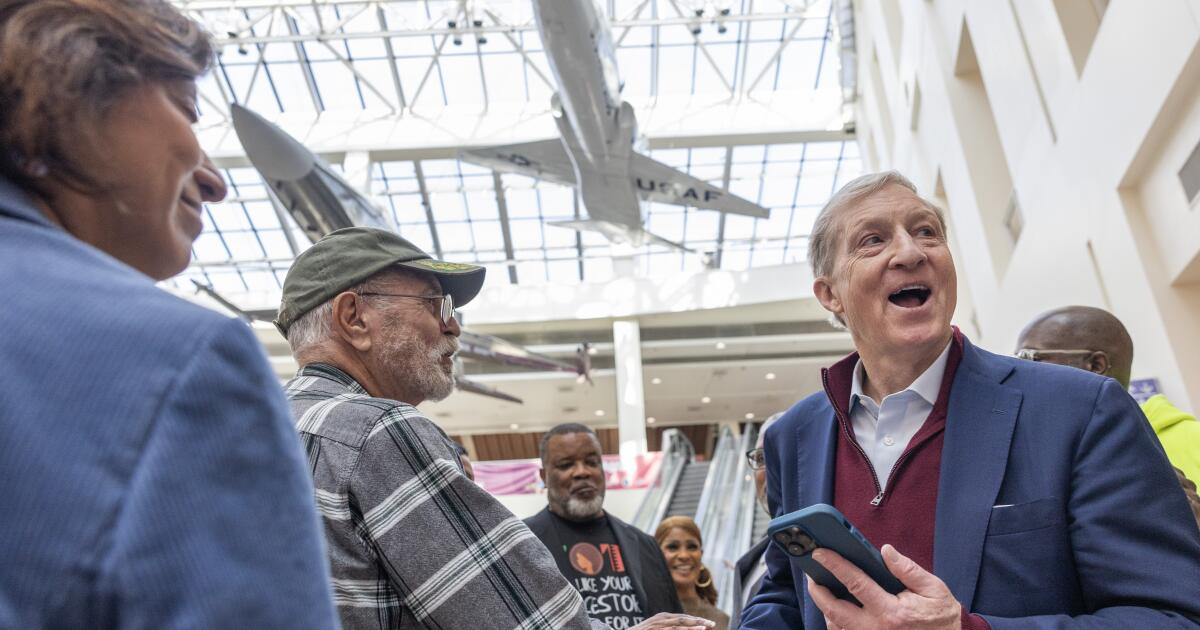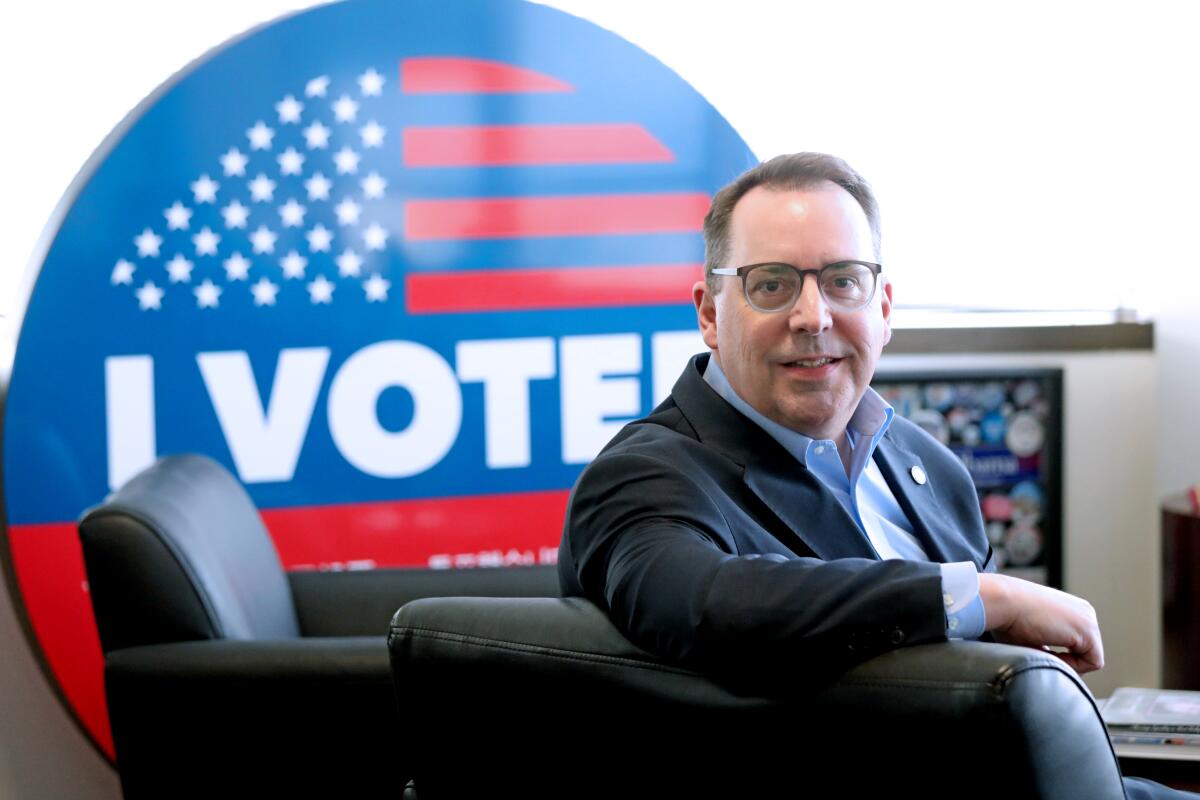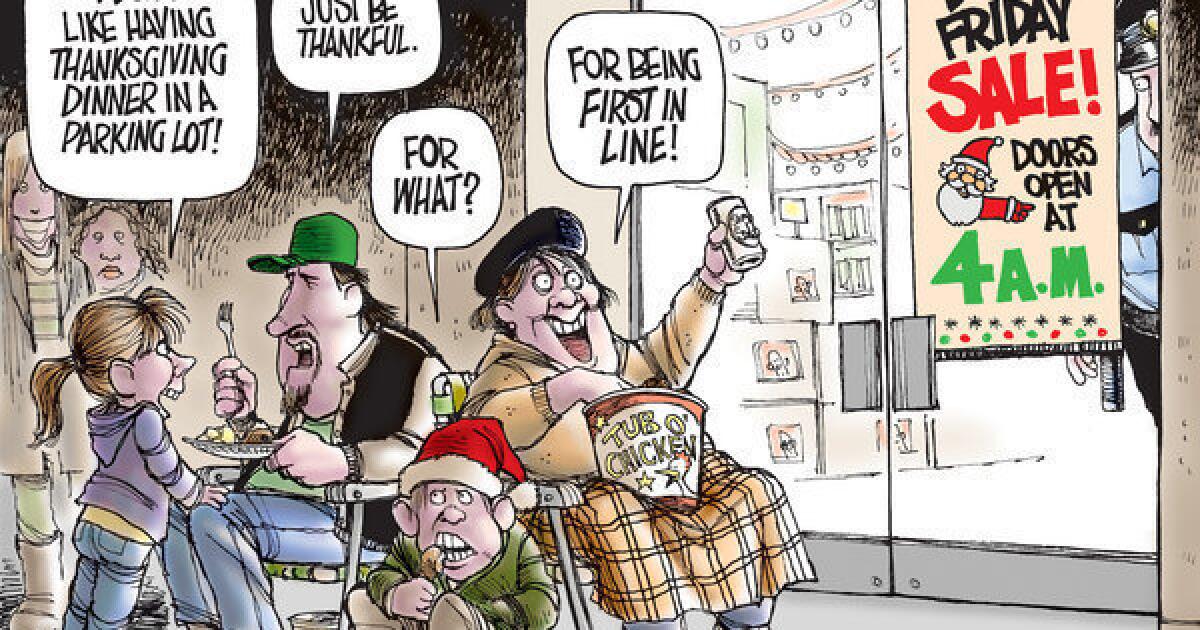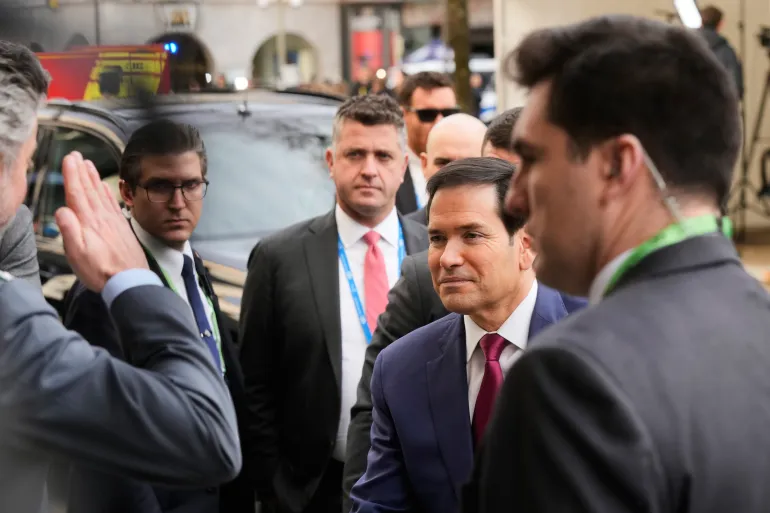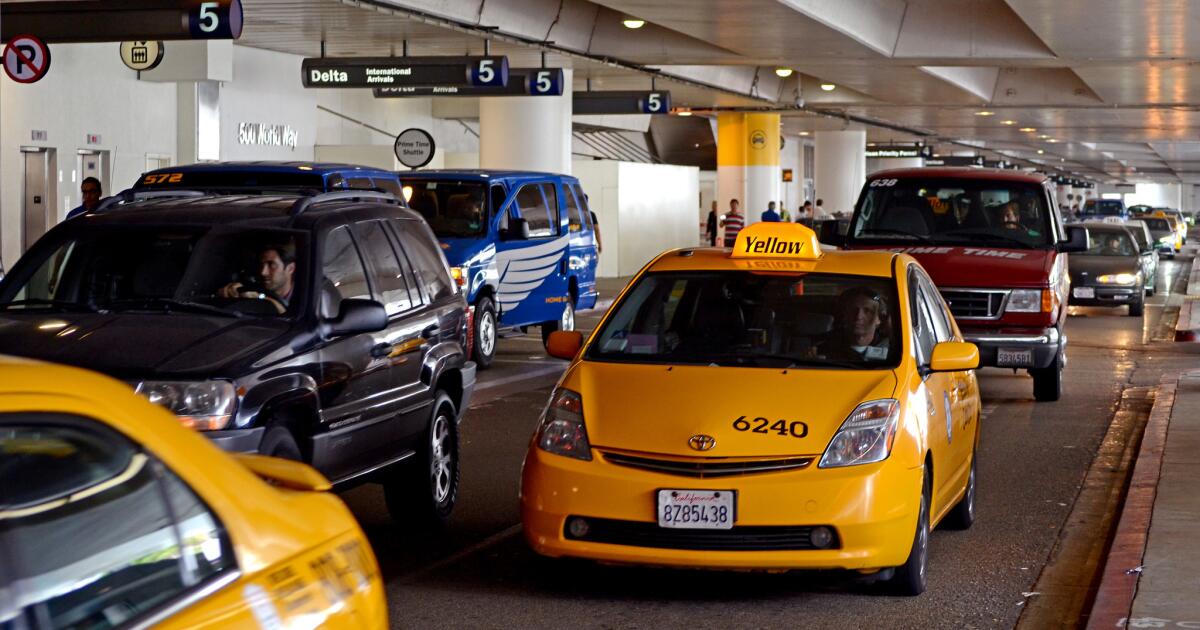Meg Whitman strode to the podium, cloaked in righteous indignation. Her husband stood silently by her side.
Just one day earlier, her former housekeeper had revealed that Whitman — the Republican candidate for governor with the tough talk on immigration — had employed an illegal worker for nine years.
Although she said she fired Nicandra Diaz Santillan after she heard about her housekeeper’s status, Whitman was in a no-win situation. Conservatives wondered why Whitman hadn’t turned “Nicky” over to authorities. Liberals bristled that the candidate hadn’t helped this “member of our extended family” find an attorney.
After a 45-minute barrage of questions, the always-on-message candidate finally delivered her main talking points: “We have to secure the borders. We have to hold employers accountable. We’ve got to eliminate sanctuary cities. And we’ve got to get a temporary guestworker program so people like Nicky can work here legally.”
The dueling news conferences that week — Whitman vs. Diaz Santillan and her attorney, Gloria Allred —were remarkable for more than their political repercussions. Salted between housekeeper tears and candidate bluster were as many details as had ever been known about the closely guarded private life of the billionaire who aspires to be governor.
Whitman has spent a lifetime in business, shepherding, protecting and selling some of America’s most valuable brands: Ivory soap, Keds, Mr. Potato Head, EBay. For the last 19 months, she has burnished her own brand — using more than $141 million of her personal fortune in the process.
Her money has made Whitman a ubiquitous presence in California living rooms, her aristocratic tones wafting out of television sets in an unprecedented barrage of ads. It has allowed her to largely avoid the spontaneity that gets novice politicians into trouble. Campaign stops tend to be by invitation only, or photo ops, like her recent stint as NASCAR grand marshal: “Gentlemen, start your engines!”
The former EBay chief is running on resume, not biography, to an extent rarely seen in modern politics. At a time when candidates’ extended families gambol on stage, and cameras are invited to watch them ski, fish and barbecue, Whitman’s is still largely unknown.
The candidate is married to Dr. Griffith Rutherford Harsh IV; his silent cameo in Santa Monica was a rare appearance on his wife’s behalf. The Stanford University neurosurgeon has given just one interview in their 30-year marriage. Whitman’s sister and brother have neither spoken nor appeared for her. Ditto, her two grown sons. Despite repeated requests, the campaign did not make Whitman available for an interview.
As a result Californians have learned more about Whitman from campaign crises and court cases than they have from the candidate’s own telling: For most of her adult life, she did not vote. She has a temper that can flare under pressure. Her primary residence and household staff are modest by billionaires’ standards: 3,700 square feet in tony Atherton for the first, a part-time housekeeper, landscape and pool service for the second.
Whitman and her campaign staff “refuse to relinquish any kind of control over the candidate, her image and her message,” said Sherry Bebitch Jeffe, a USC political analyst. “They can afford to; they have all the money in the Western world.… When her people don’t have control, there is danger there.”
It’s not as if Margaret Cushing Whitman’s 54 years haven’t had their share of personal drama. But there are stories she tells on the campaign trail — and ones she doesn’t.
Whitman was raised in wealthy Lloyd Harbor, N.Y., the youngest of three children. Her 6-foot 8-inch father, Hendricks Hallett Whitman, was a World War II veteran who worked in the financial industry. But it was her stay-at-home mother, Margaret C. Whitman, whom the candidate describes as her inspiration, a woman blessed with a “bias for action.”
Whitman actually talks as much about her mother’s personal life as her own.
In the depths of World War II, Whitman’s Boston-born mother wanted to do her share. She ended up in New Guinea with the Red Cross fixing airplane and jeep engines — though she had never popped a hood in her life.
“What that story really told me as a little girl was the price of inaction is far greater than the cost of making a mistake,” Whitman said at a recent campaign event. “That you have to try things that you’re not sure you can do.”
Buried deep in Whitman’s recent book, past 200 pages of corporate bromides (Be frugal. Be authentic. Results matter.) are two tales that do not make the campaign-trail cut: the story of her own birth defect and of her sister Anne’s struggle with mental illness.
Tall, patrician and athletic today, Whitman was born with dysplasia; her left hip lacked a socket. Doctors discovered the condition shortly after she was born, and she spent her toddler years strapped in a metal brace that helped mold a socket.
The treatment worked, and Whitman gravitated toward sports. She was captain of the swim team at Cold Harbor High School, where she graduated a year early. At Princeton University, where she was in only the fourth class to admit women, she played lacrosse and squash.
Stories of overcoming hardship are staples for most candidates, but Whitman eschews the emotional in favor of pragmatic connections to her audiences. Her campaign pays particular attention to women voters, and the candidate regularly reminds audiences that she would be the first woman governor. But she spends little time talking about the difficulties of balancing home and family and whether she shared those problems.
At a campaign event last month, a member of the audience asked Whitman: “Does being a woman and a mother give you a different perspective on running this state, and if so, how?” Her answer? Maybe, but it doesn’t really matter.
“In the end, as all the women in this audience know and all the men, you have to deliver the results, don’t you?” she responded. “And that’s what I did in my business career, and that is what I will do as governor.”
Whitman argues that her corporate experience makes her uniquely qualified to run a place as complex as California. And she offers up her decade at online auction giant EBay as exhibit A for why voters should choose her over Brown.
But between consulting firm Bain & Co, one of her first jobs out of business school, where she said she learned to be a corporate “all-around athlete,” and EBay, which she boasts grew from 30 to 15,000 employees during her tenure, there was FTD. In her book she describes her two years there in the mid-1990s as “probably the most frustrating and, ultimately, least satisfying executive experience in my career.”
When Whitman arrived, the member-owned association of florists had just been bought by an investor group and turned into a for-profit company. To service the debt, the company had to be immediately profitable, but many of the association’s florists had decamped to the competition.
“I finally quit that job,” she wrote, telling the arbitrageur who bought FTD: “ ‘This company is not fixable, at least by me.’ ”
Whitman wasn’t the only one who rued her time at the Southfield, Mich., headquarters.
Peggy Thompson, her assistant, recalled that FTD administration had been segregated in an isolated executive wing. Whitman shut that down and “moved us in with everyone else. We thought, ‘That’s really awesome. She wants us to be one team.’ But she didn’t have anything to do with us. She didn’t like us…. She was the worst boss I’ve ever had, and I’ve had some winners.”
Nearly a year into her stint at FTD, Whitman was sued for age discrimination by a 55-year-old technology executive named David M. Carlson, whom she fired and replaced with a 39-year-old, a man her age.
At a strategy session shortly before Carlson was let go, Whitman said the company needed “about fifteen killer young executives,” according to court documents. When FTD’s head of government affairs suggested that she not use the word “young” and probably didn’t mean it, she replied: “Actually, I do.”
The suit ended in a confidential settlement. Carlson could not be reached for comment.
It was EBay, of course, that Whitman helped make a household name, and the quirky online auction company returned the favor with wealth and opportunity. In the course of a decade, two brands were born.
No campaign appearance or debate is complete without at least a taste of her EBay experience. As she noted during the final debate: “I ended up running one of the great Internet success stories…. I was a job creator.”
Her tenure earned her accolades. Harvard Business Review named her one of the top performing CEOs of the past decade; Fortune magazine put her on its list of the Top Five most powerful women.
Maynard Webb, whom she wooed to the company to rebuild its faulty computer system after a 22-hour outage, calls her “the best boss and leader that I ever had.”
He saw her push the company to expand outside of North America, and “today international is over 50% of EBay’s revenues.” And he remembers the day in 2001 when the system again broke down. First the primary system failed, then the backups.
The site was down for hours, leaving buyers and sellers paralyzed. Even after the outage ended, time-consuming technical cleanup followed.
“Meg stayed with the team, made sure it was all OK,” Webb recounted. “She left at 2 a.m. This was the kind of leader she was.”
But her tenure was not without controversy. She pushed the company into a string of acquisitions. Some, like PayPal, were successes. Others, like Skype and Butterfield & Butterfield, were widely panned. Her last three years at the company coincided with slowing growth and a faltering stock price.
In 2007, while being prepped for an interview with Reuters, Whitman became angry with a communications aide, uttered an expletive and shoved the young woman.
The incident led to a confidential settlement in which Young Mi Kim reportedly received $200,000. At first the campaign sought to portray the matter as a “verbal dispute,” but Whitman later acknowledged that she had laid hands on Kim.
“Sometimes,” she said, “these things happen.”
Whitman never planned to go into business or politics. Her ambition to become a medical doctor was derailed by a collision with organic chemistry; she opted for business after selling ads for a student magazine called Business Today.
Her shift to politics came at the request of Mitt Romney, who had been her mentor at Bain. Romney asked her to help him run for president; she raised millions for him. When he dropped out of the 2008 race, she shifted her support to John McCain. Forever the marketer, she also came up with his slogan: “Country first.”
Her own venture into politics left many to wonder why the deeply private Whitman would open herself up to the scrutiny of campaigning. Introducing her to his employees at Cisco Systems recently, Chief Executive John Chambers asked her if a particular event pushed her to run because, “as a friend, I worry.”
An hour or so later, Whitman would make her first remarks about her housekeeper. But she made no mention of that in responding to Chambers. Characteristically impersonal, Whitman recalled a meeting at EBay, where the company’s executive team rued how hard it was for businesses to function here. Today, she told Chambers, she wants to change that.
“I remember my executive team sitting in a conference room,” she recounted. “And I said, ‘If we were going to start EBay again, would we start it in California?’ And you know, I’m not sure the answer to that is ‘Yes.’ ”
maria.laganga@latimes.com






